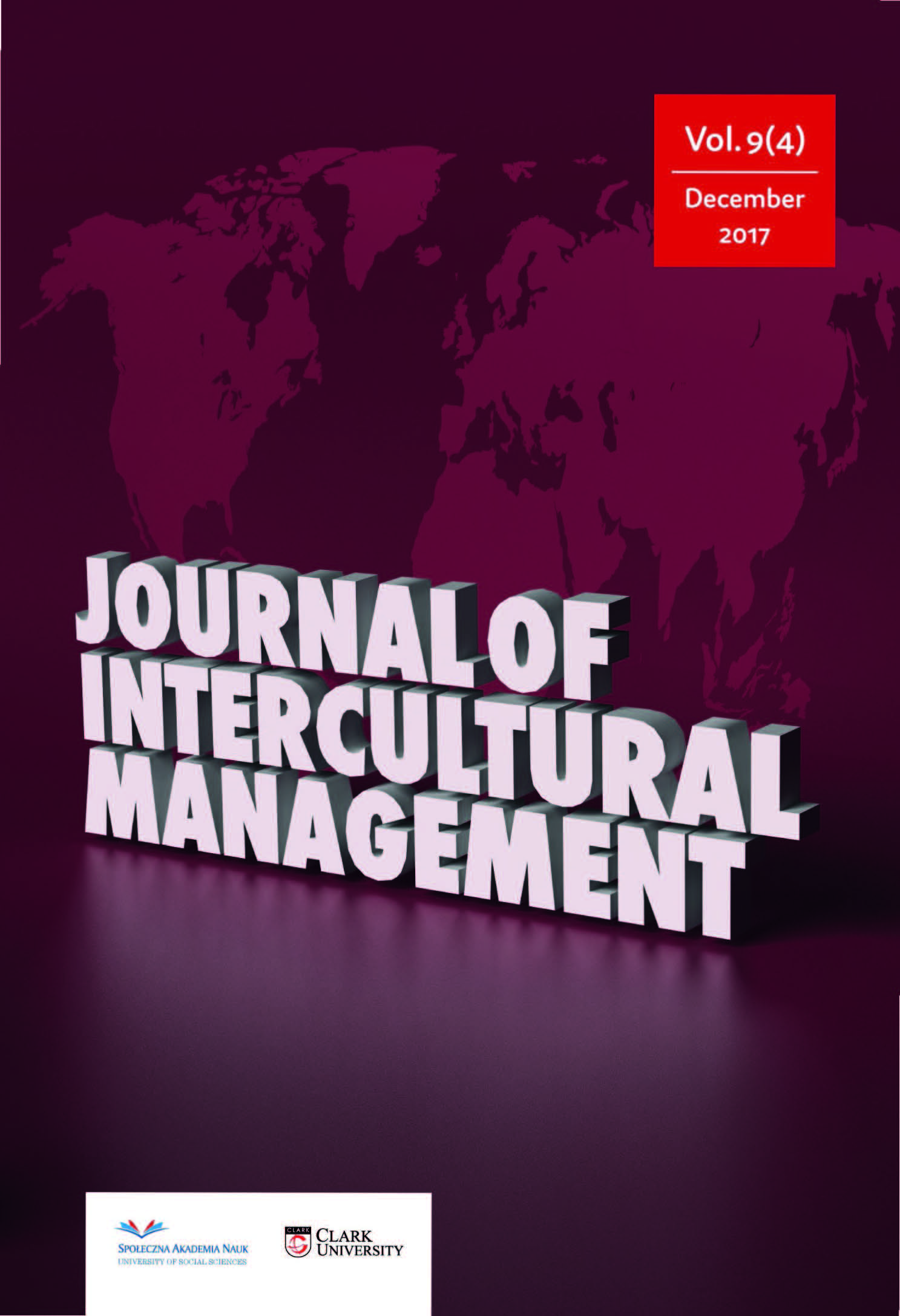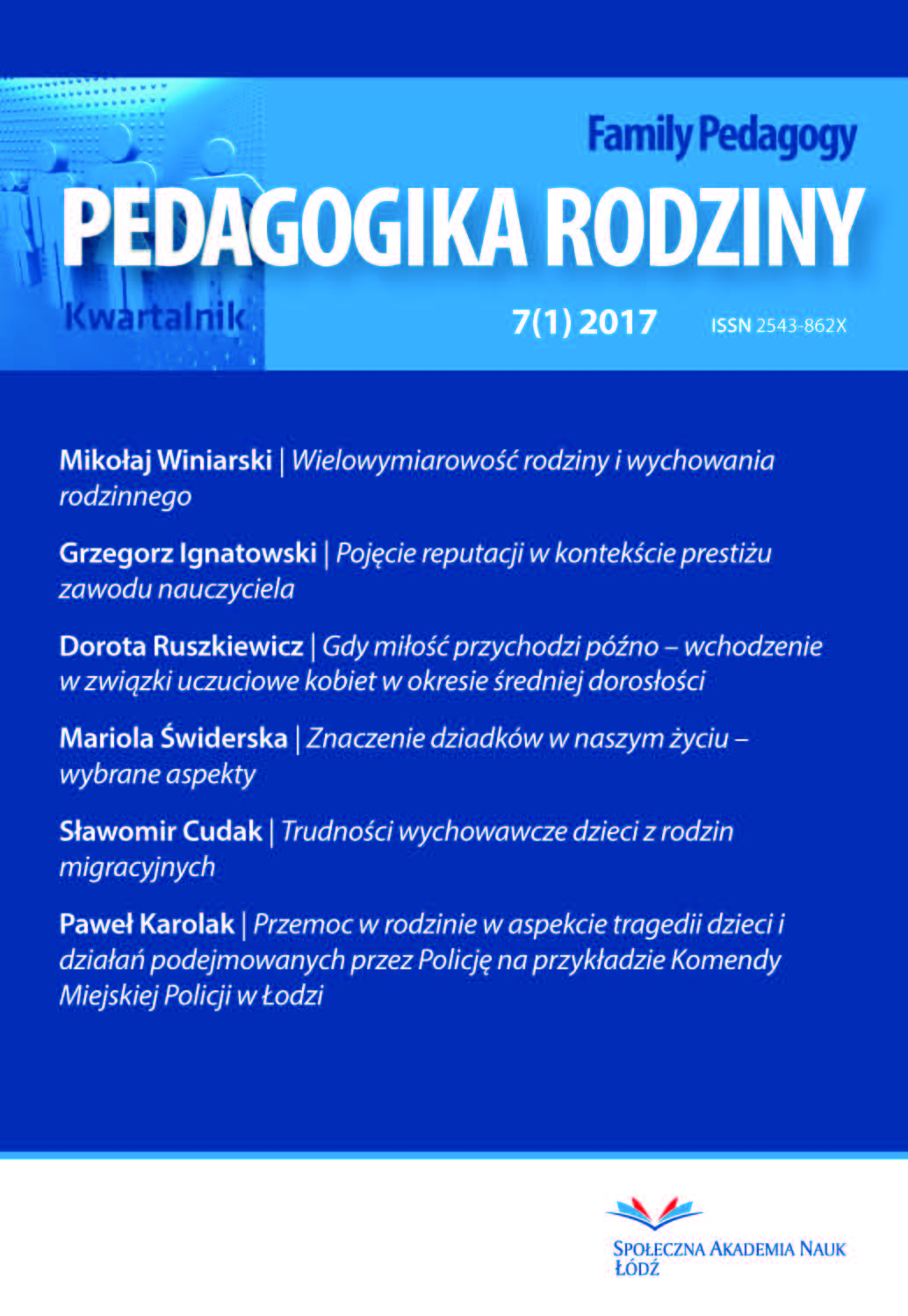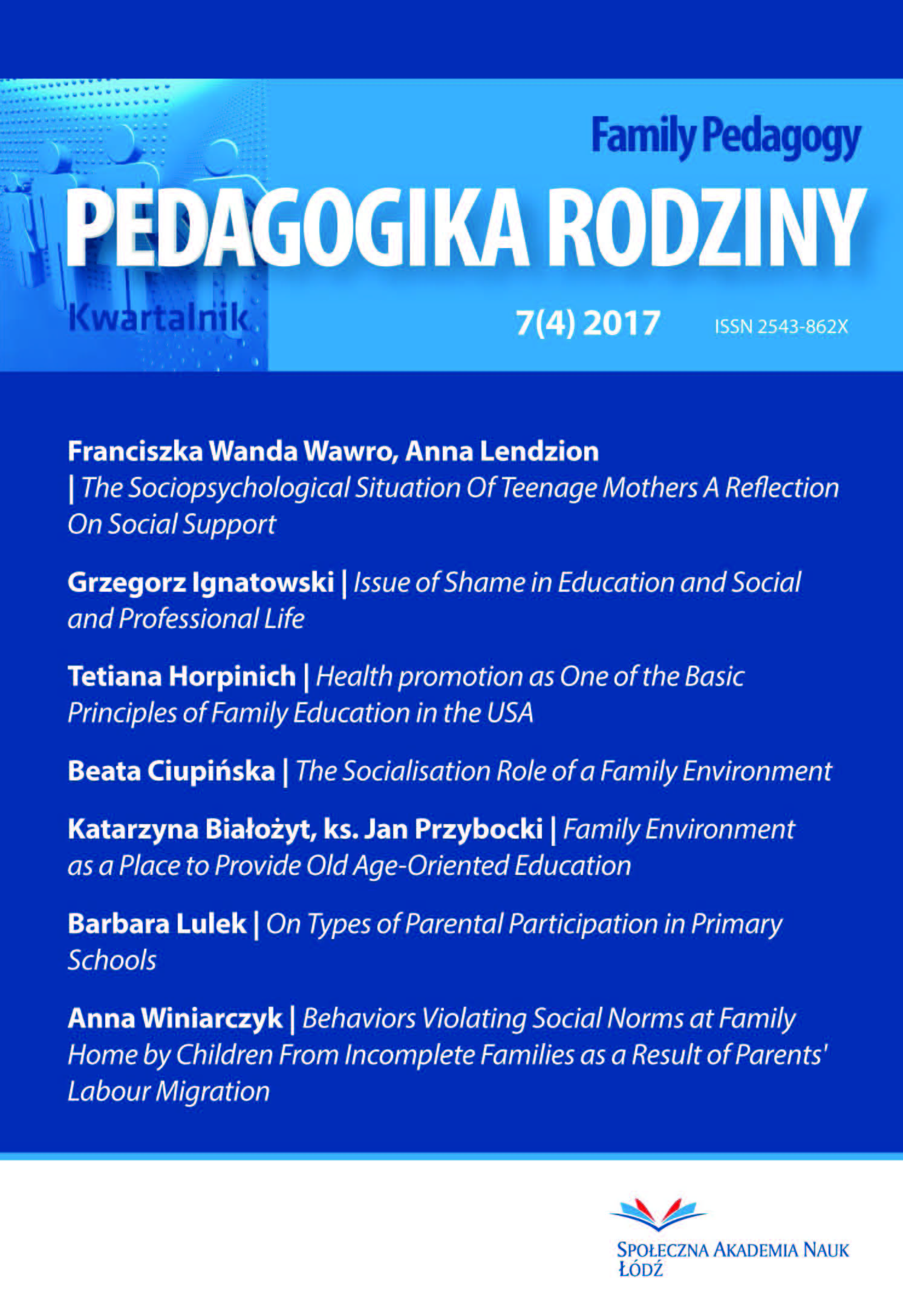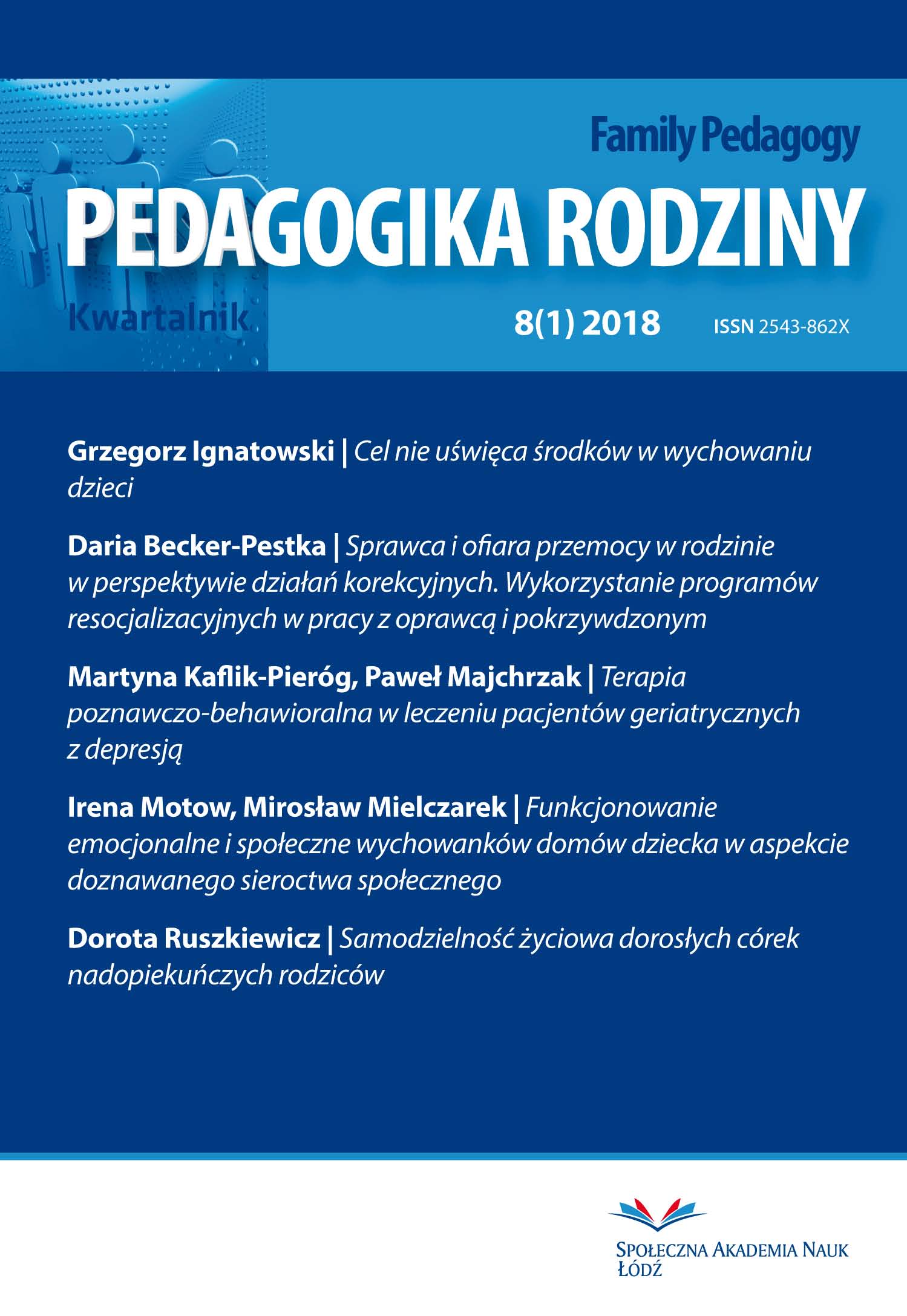
Multilingual Families: A Sociolinguistic Model for Retaining Language Ability and Cultural Heritage
Objective: To propose a model for the creation of selected language practice games that willallow for multilingual families to engage in common activities in order to retain the multiculturalismfactor amongst parents and their children. Methodology: Ontological considerations based on sociolinguistic models in accordance withTPACK (Technological Pedagogical Content Knowledge) and SAMR (Substitution, Augmentation,Modification, Redefinition) Models. Findings: The preservation of this heritage among both children and adults can be achievedby allowing them to engage in various activities, allowing them to acquire multiple languagessimultaneously and thus create a sense of national identity. Value Added: The presented methodological considerations are to be used as the basis forthe creation of output results in an Erasmus+ financed project carried out at the Universityof Social Sciences (along with other European partners) entitled Multilingual Families Clubs: Promoting Linguistic and Cultural Heritage of Europe. Recommendations: activities for Polish multilingual speakers need to include those in thefollowing languages: German, Russian, Ukrainian, Belarussian.
More...


